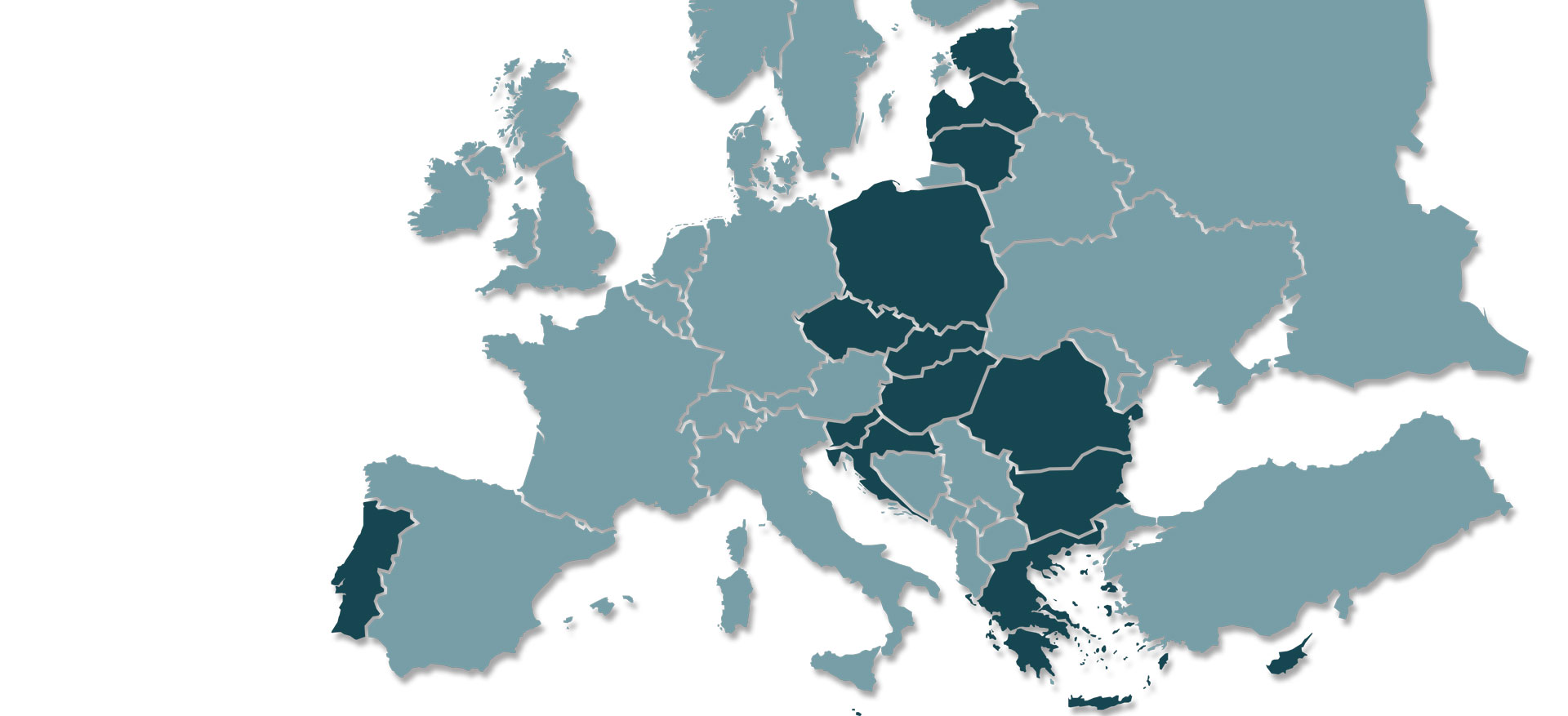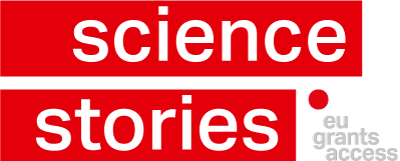
WIDENING – THE FOURTH PATH
Researchers who want funding from the Horizon Europe programme usually apply for an ERC Grant or a Marie Skłodovska-Curie Fellowship, submit a collaborative project with research partners or apply for funding to contribute to strengthening Europe’s innovative capacity. But Horizon Europe offers a fourth path to research funding alongside these three classic routes – the Widening sub-programme*. Sofia Karakostas and Sia Gosheva-Oney from EU GrantsAccess, in an interview with Rolf Probala, explain what Widening is about and why it is an attractive option for researchers.
«Widening participation and spreading excellence» is stated on the Widening sub-programme website. What is it about?
Sofia Karakostas (S.K.), Co-Head EU GrantsAccess / There is a large gap in scientific excellence between the rich EU countries in the West and the 13 countries that joined the European Union after 2004. Widening aims to close this gap and ensure excellence in research and innovation equally across all EU countries. With this sub-programme, the EU wants to ensure that the so-called Widening countries** can establish their own scientific excellence, thus catching up with Western Europe and subsequently participating more actively in Horizon Europe offerings.
Sia Gosheva-Oney (S.G.), Research Advisor EU GrantsAccess / It is not that these countries have fewer talented researchers. What they lack is the infrastructure and institutions, and with them the networks and knowhow that make excellence possible in the first place. The Widening countries do not have the same financial resources to invest in research and education as the rich countries of Western Europe. The result is a brain drain. Talented researchers seek and find their fortune in Western Europe, Great Britain or the United States. The EU expects a brain gain from Widening, both for the Widening countries themselves and for the countries of the European Union in general.
And how can this be achieved?
S.G. / The Widening programme offers a wide range of formats with programmatic titles such as Twinning, Teaming for Excellence, Excellence Hubs, ERA Chairs or Hop-on facility. Twinning is primarily aimed at public administrations and non-profit organisations. The aim is to bring their experts up to the same professional level as the one of their Western colleagues through exchange visits, so that they can then be just as effective in acquiring EU projects. Teaming for Excellence promotes the establishment of new centres of excellence in Widening countries or the modernisation of existing ones with the support of leading European partner institutions. Excellence Hubs helps support innovation ecosystems in Widening countries and beyond, and strengthen collaboration between academia, business and governments. ERA Chairs enables researchers who wish to continue their academic career at an institution in a Widening country after a stay abroad to submit a project together with this institution, with the aim of establishing a sustainable research group. And Hop-on facility opens up the chance for researchers to join an ongoing collaborative research project at a later stage, if they add value to the project.
S.K. /What makes this Widening sub-programme so attractive is the bottom-up approach. Unlike Horizon Europe’s collaborative projects, there are no thematic guidelines. Anyone who has a super idea for a research project can submit it within the framework of the formats that Sia has just outlined.
Does that mean that all researchers in Switzerland can submit projects?
S.K. /Basically, yes, if there is a connection to a Widening country. And that opens up a wide field of opportunities – especially for young researchers who are aiming for a scientific career and are about to take the next step towards it. The many postdocs at ETH Zurich and the University of Zurich come from a great variety of countries. Only a small proportion will find a job here after their postdoctoral studies and the competition for assistant professorships at the renowned universities in Europe and the USA is enormous. A career at a university or research institution in a Widening country, however, offers an attractive alternative in view of the support from the EU. I am also thinking of young scientists from Widening countries who would like to return to their home countries if they can make an academic career there and build something new and excellent with their attained knowhow.
S.G. /The Widening sub-programme is also interesting for established researchers who are looking for new cooperation partners. They may find them in institutions in Widening countries, which opens up new funding opportunities for them thanks to the sub-programme. It also allows them to expand their network. The fact that they are thus contributing to the expansion of scientific excellence in Europe is a nice additional effect.
What does someone who wants to submit a project to the Widening sub-programme have to do?
S.K. / Contact us as soon as possible (About us – EU GrantsAccess | ETH Zurich). The first calls for proposal will be launched soon and more will follow. We will be happy to advise and support you!
*Widening participation and spreading excellence
** Widening countries: Bulgaria, Estonia, Latvia, Lithuania, Croatia, Malta, Poland, Romania, Slovenia, Slovakia, Czech Republic, Hungary and Cyprus as well as Greece and Portugal.

